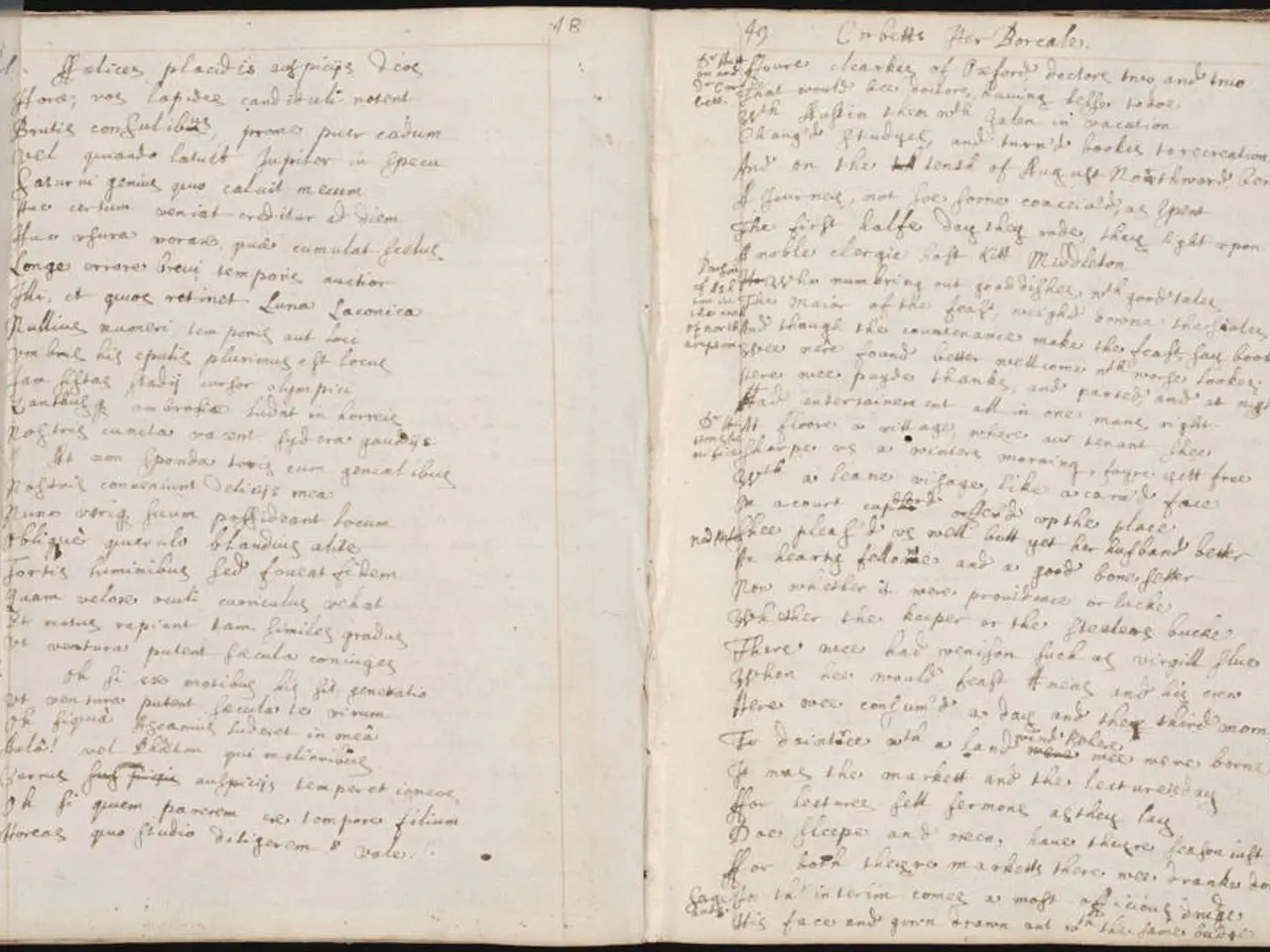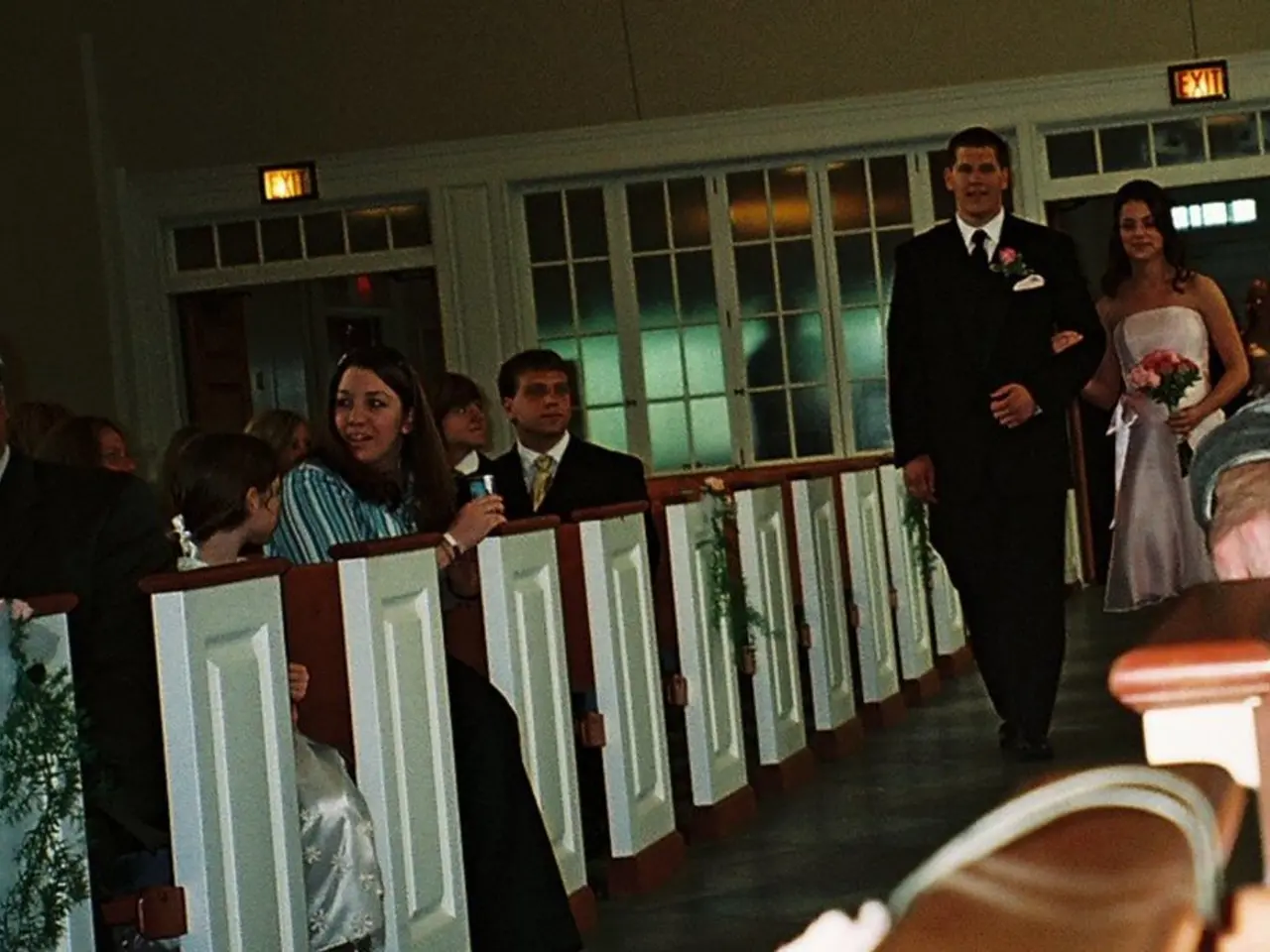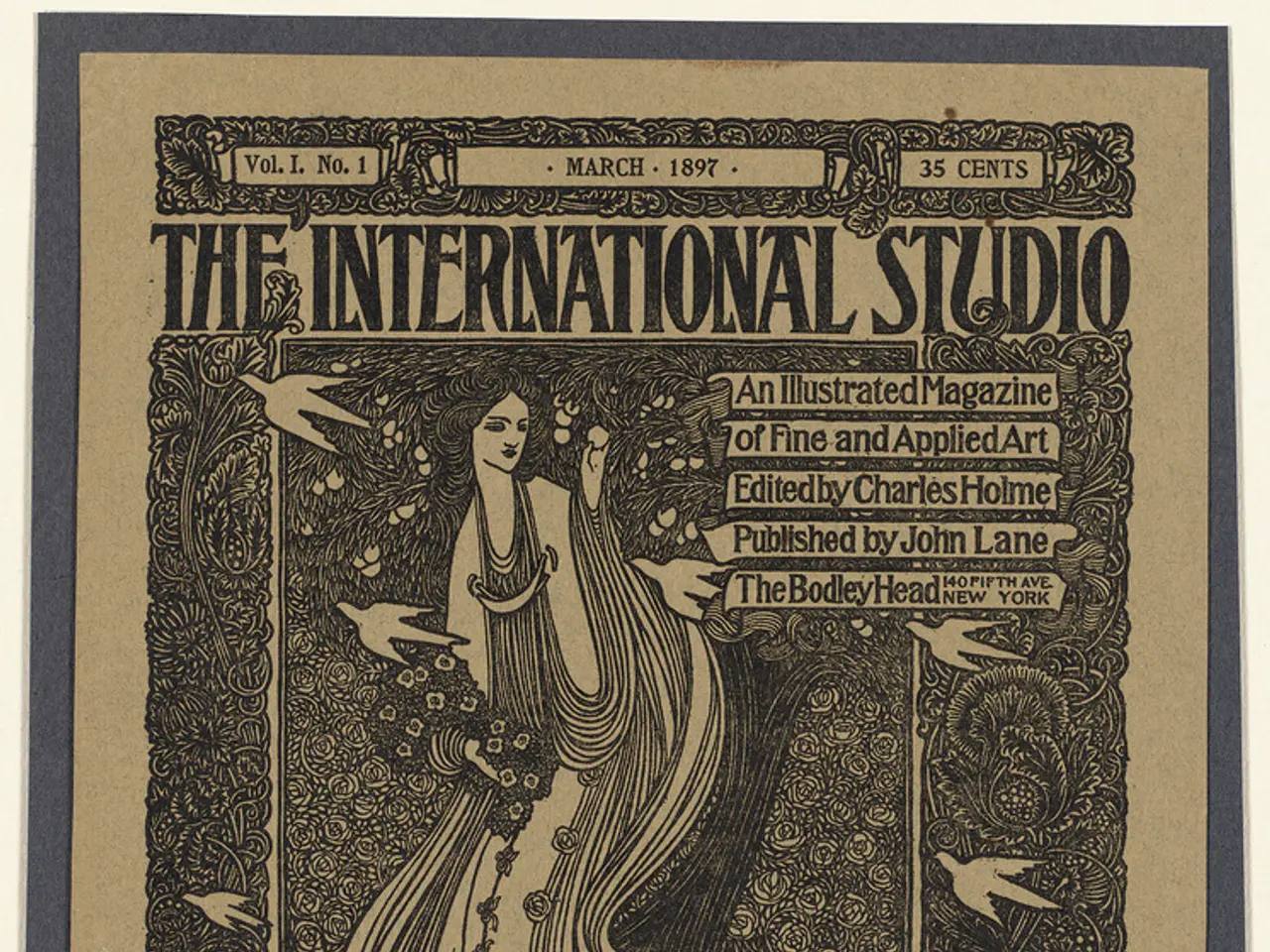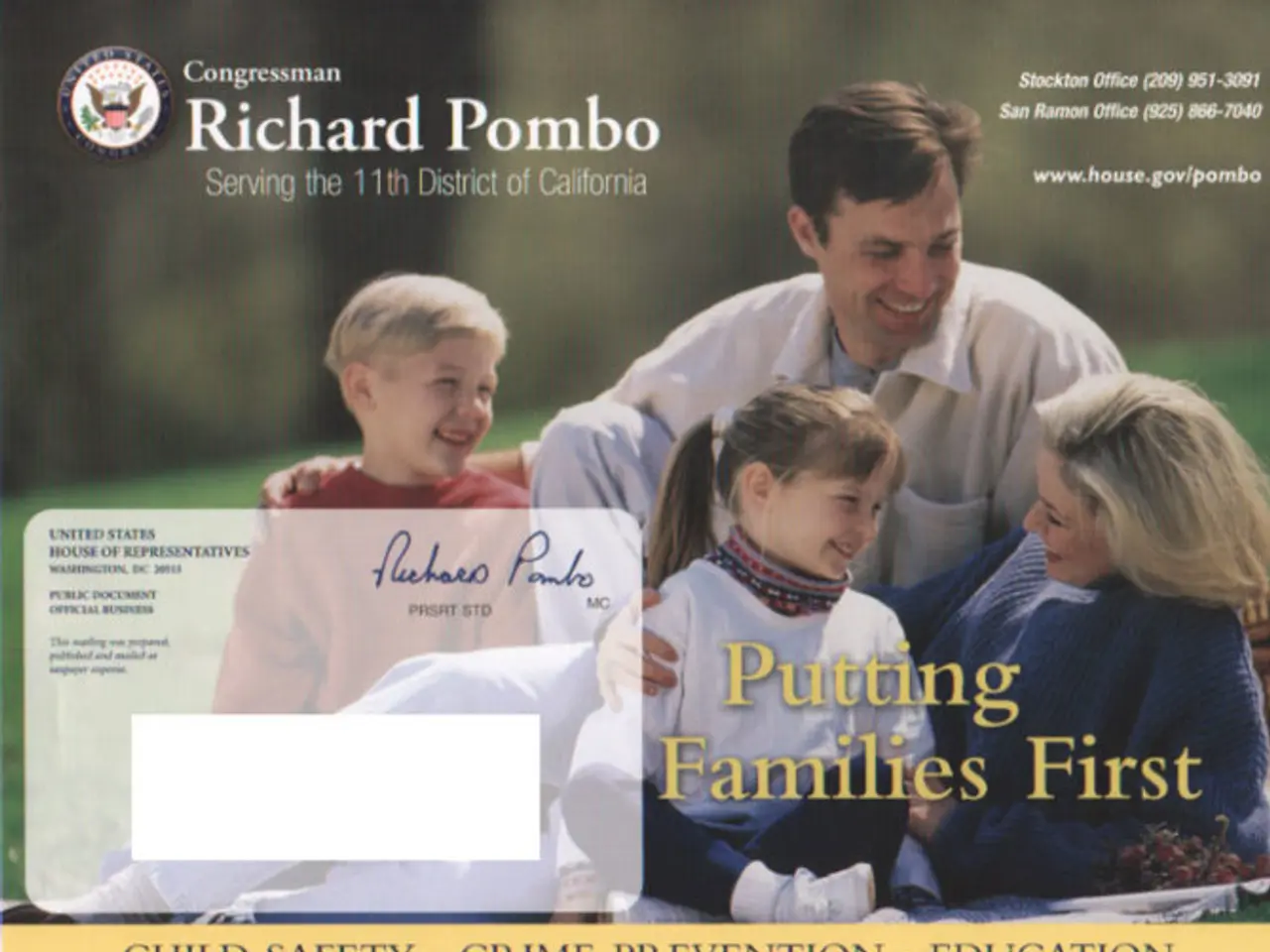Insights into Writing for Hollywood: Crucial Knowledge for Aspiring Screenwriters
Hollywood screenwriting has undergone a remarkable transformation over the years, shaping the craft and the broader film industry significantly.
During the 1930s, the Hollywood Studio System held a tight rein on screenwriting, with production codes governing content and narrative structure. This simplified storytelling into predictable, morally prescribed patterns, creating a blueprint for screenwriters that prioritized efficiency over creativity [1].
However, the New Hollywood era, spanning from the mid-1960s to the early 1980s, marked a departure from these classical constraints. Driven by younger filmmakers and screenwriters, narratives became more complex, ambiguous, and stylistically diverse. Films of this period embraced nonlinear storytelling, unresolved endings, and a blending of classical Hollywood techniques with art cinema influences, resulting in narratives that challenged audiences and deviated from traditional suspense and closure [5].
Currently, the craft and industry of Hollywood screenwriting are facing a new phase of evolution, driven by artificial intelligence. AI tools are increasingly integrated into the creative process, from idea generation and script drafting to production design and editing [3][4]. While these technologies promise greater efficiency, democratization of the filmmaking process, and empowerment of individual creators, they also raise critical debates about authorship, authenticity, and the preservation of human creativity [2].
Science fiction, a genre that focuses on imaginative concepts like futuristic settings, advanced technology, and space exploration, requires a specific approach. Dialogue and tone should be adjusted based on genre, with comedy requiring light and snappy dialogue, and dramas demanding introspective conversations.
Adapting screenwriting techniques for specific genres involves recognizing each genre's unique needs. For instance, thriller heightens suspense by creating tension through pacing and plot twists, while comedy primarily aims for humor, utilizing exaggerated scenarios and witty dialogue.
Incorporating analysis tools that offer constructive feedback on screenplays, such as script coverage, is essential. Embracing these themes resonates with audiences who seek representation in media. Utilizing tools for organization and planning, like Scrivener, to track characters, manage timelines, and maintain a cohesive narrative across your screenplay is also crucial.
Navigating the competitive landscape requires focusing on honing your craft, persistence, and strategic networking. Building industry connections provides access to opportunities and resources that can elevate scripts. Continuously seeking feedback and refining your scripts until they are production-ready is key.
The rise of streaming services expands opportunities for screenwriters to explore unconventional storytelling, breaking away from traditional film formats. Digital platforms significantly influence Hollywood screenwriting by amplifying demand for diverse and innovative content. The push for diversity and inclusion reshapes screenwriting by encouraging authentic representation.
Effective pitching is key to getting your screenplay noticed, requiring a clear, captivating manner. Prepare a logline, refine your elevator pitch, and understand your audience to craft an engaging pitch. Joining online platforms like The Blacklist or Stage 32 can help establish connections between writers, producers, and agents.
Lastly, emerging technologies such as virtual reality and interactive films offer new storytelling possibilities, redefining audience engagement. Adapting to these advancements and staying informed on industry trends positions writers at the forefront of screenwriting innovation.
In summary, Hollywood screenwriting has evolved from a rigid, formula-driven craft toward experimental artistic expression and is now undergoing a technological revolution that may redefine the industry's creative and professional landscape.
Agents, seeking diverse and innovative content, find opportunities on digital platforms, such as The Blacklist and Stage 32, that connect writers with producers and industry professionals.
To adapt to changing trends, agents encourage their clients to produce novels, books, and other works that showcase their unique perspectives, not just in fashion-and-beauty or lifestyle, but also in entertainment and other genres like science fiction.
Embracing AI tools andscript coverage for feedback enhances screenwriting efficiency and helps writers craft stories that resonate with audiences, particularly those seeking representation in media.
The blending of AI tools with traditional screenwriting techniques encourages artistic expression while raising debates about authorship, authenticity, and the preservation of human creativity across the industry.







